Menu
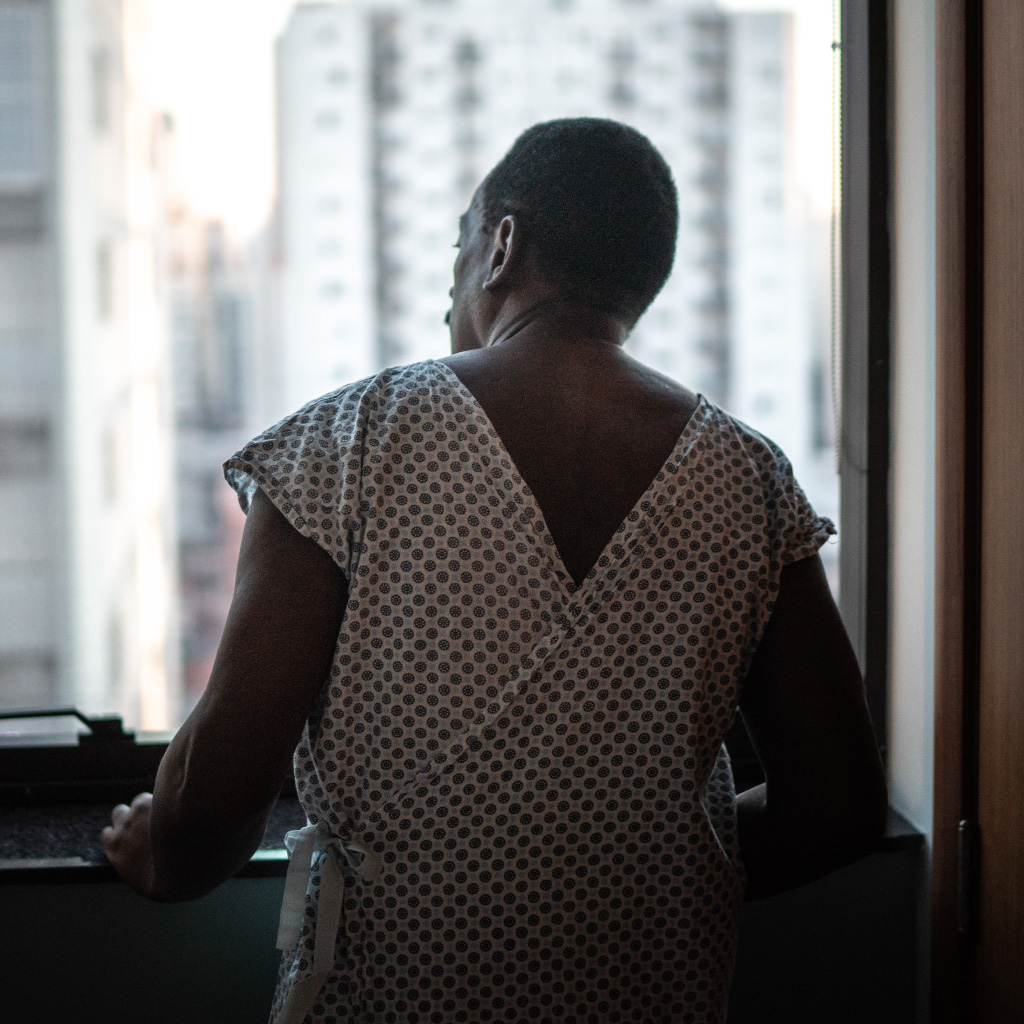
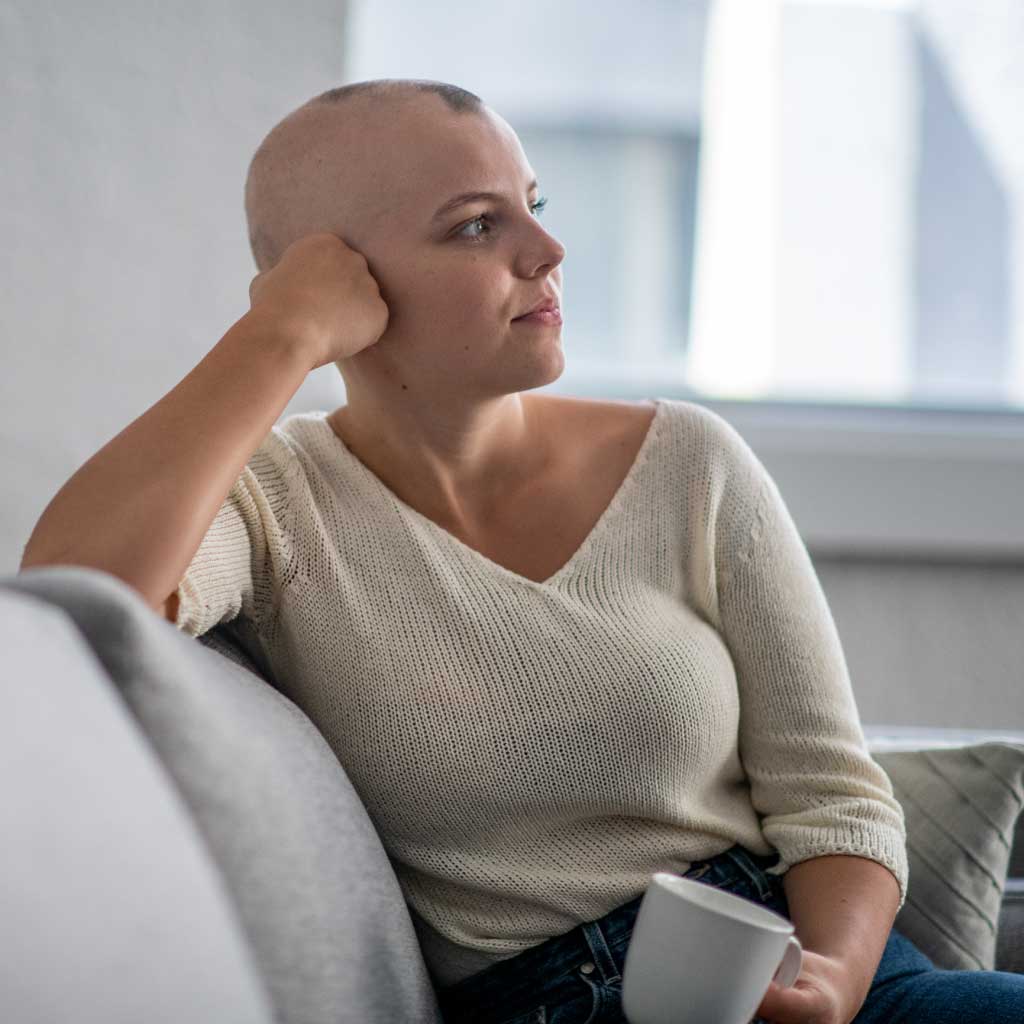
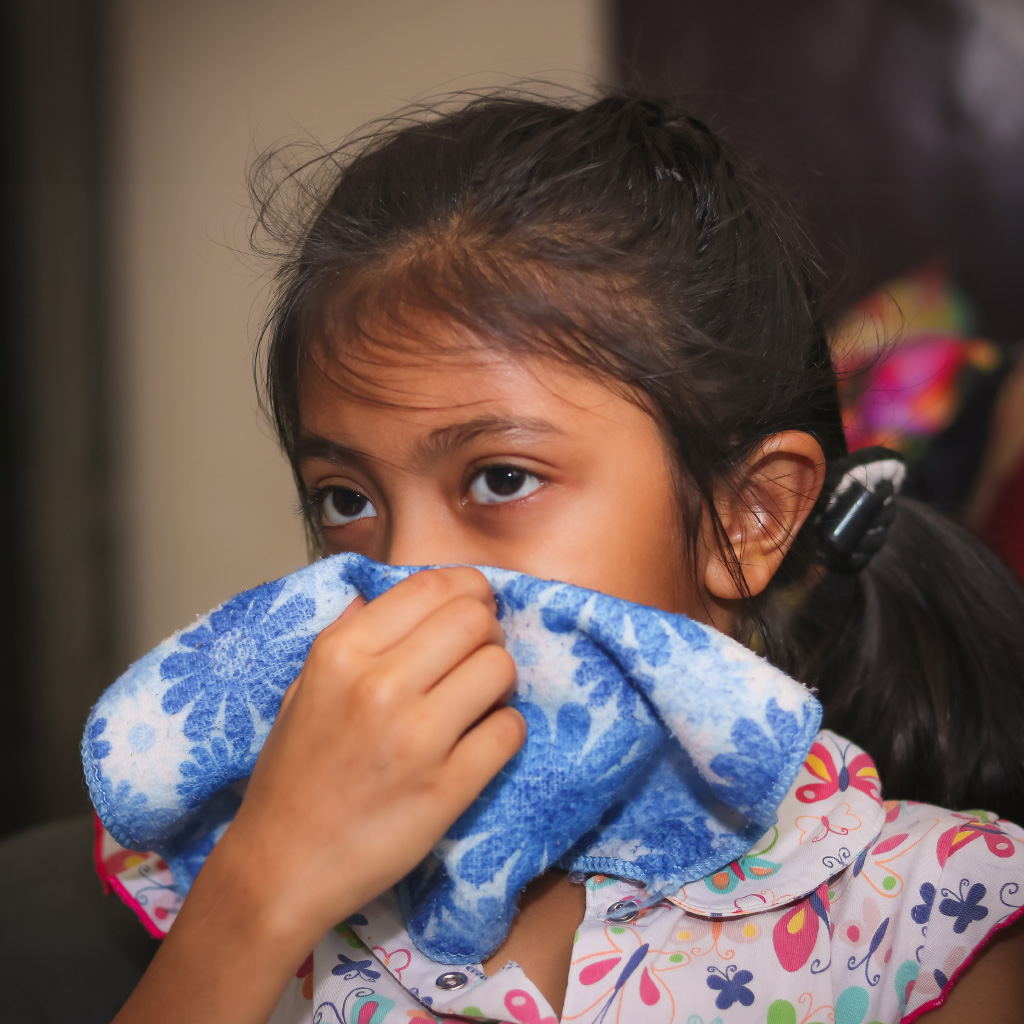

More than 5,250 people are diagnosed with cancer in the U.S. every day, making it the second leading cause of death in this country.
While no one is immune to the threat of cancer, it takes a heavier toll on certain racial, ethnic and socioeconomic groups. This often includes individuals living at or below the federal poverty level, with those having an annual household income of less than $25,000 being hit the hardest. By and large, low-income individuals experience greater challenges accessing the life-saving care and treatment they need.
As a result, minority and disadvantaged cancer patients often do not participate in clinical trials that offer access to potentially life-changing investigational drugs and therapies. The lack of diversity in clinical research also limits the scientific community from studying and understanding why certain cancers such as breast, liver, lung, cervical and prostate cancer have a greater impact on select racial and ethnic groups.
To combat the crippling inequities in cancer care and to help address the overall lack of diversity in clinical trials, Gateway for Cancer Research has partnered with Immersion. Through its iiCare vertical, which focuses on raising capital for health programs and services, the duo has launched the Cancer Health Disparities Initiative.

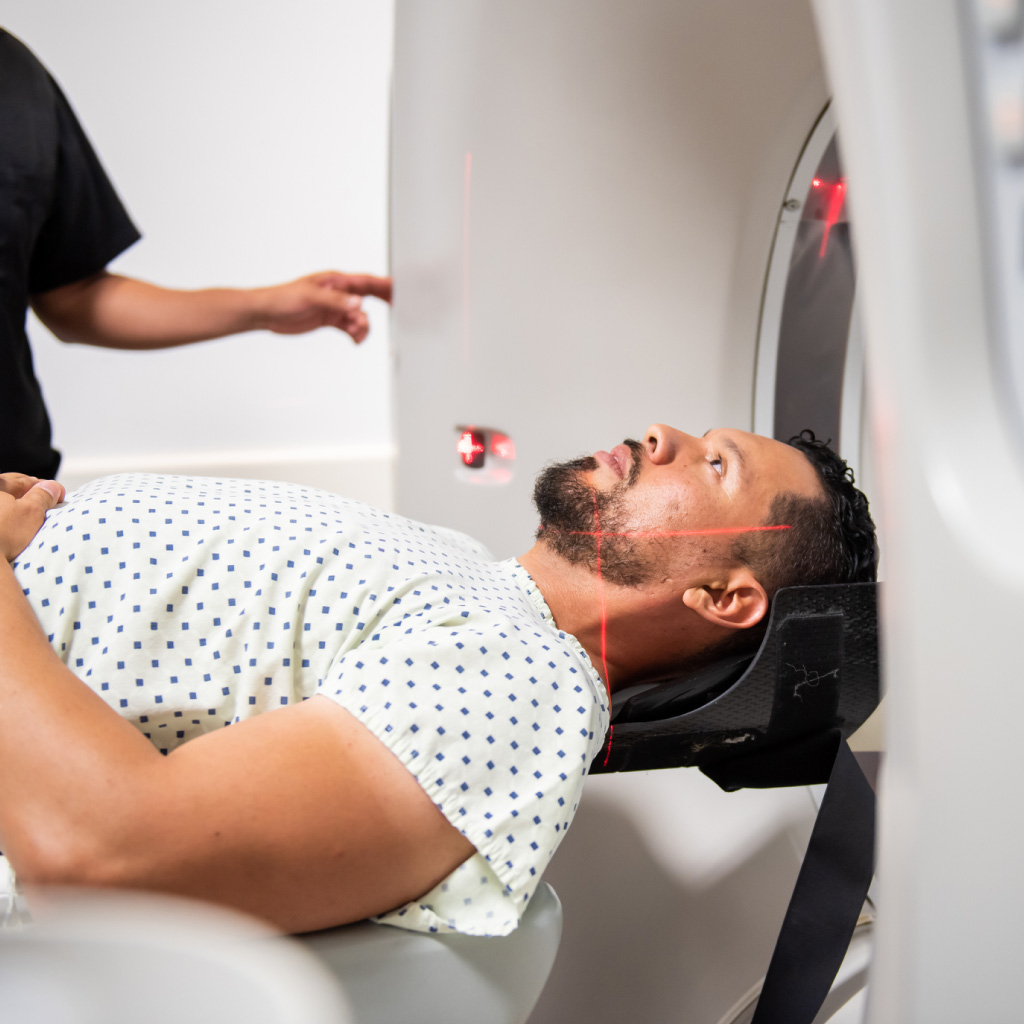
Minority populations have an increased risk of developing and dying from certain types of cancer including breast, cervical, colorectal, kidney, liver, lung, pancreas, prostate, stomach, uterine and multiple myeloma.
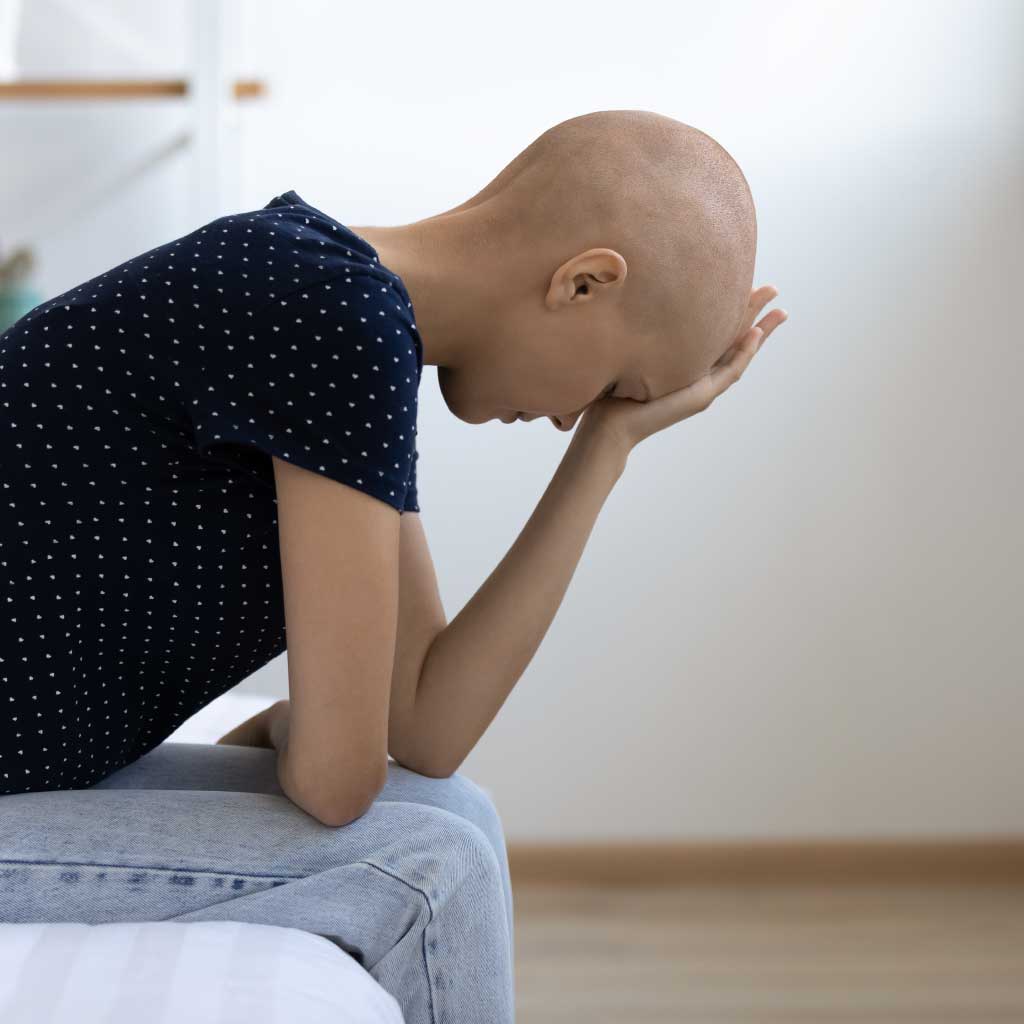
Underserved and disadvantaged communities face more obstacles accessing care and covering costs associated with lifesaving treatment.
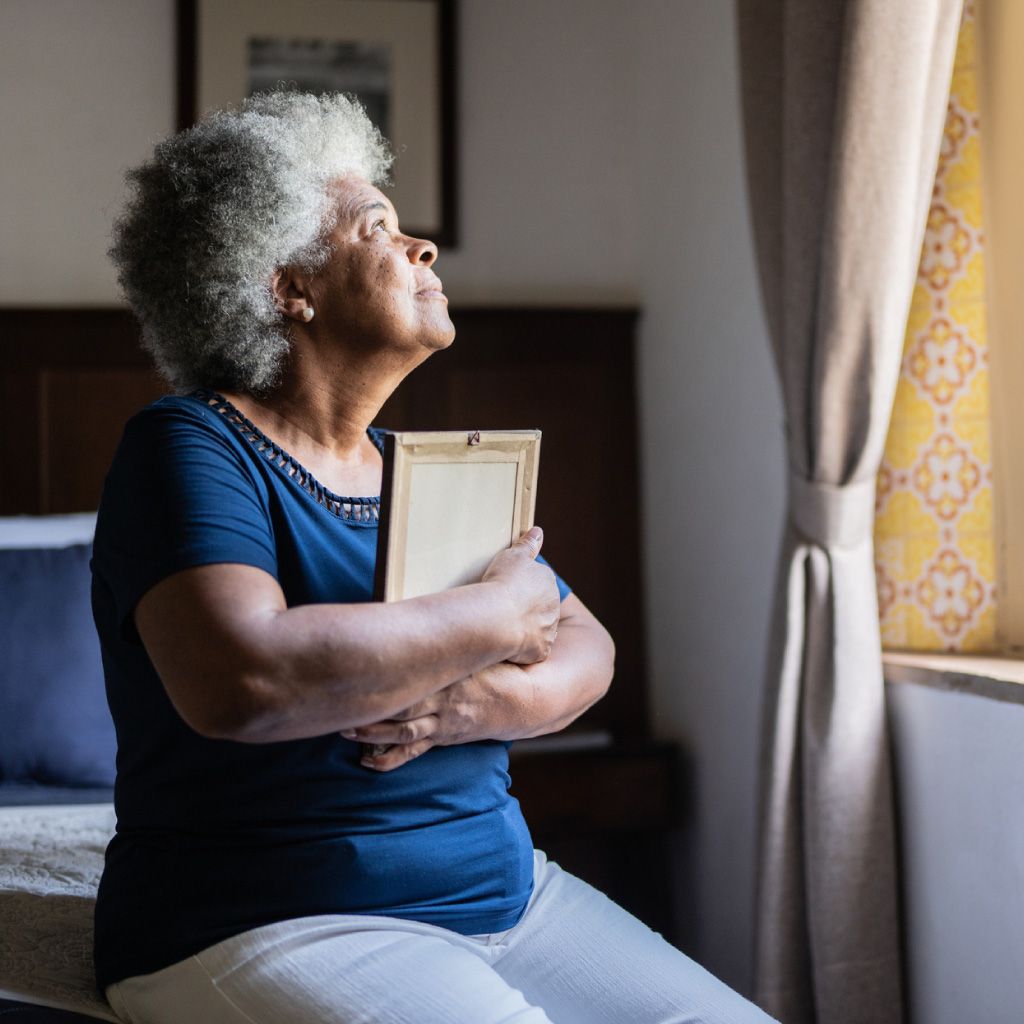
When patients can’t receive equitable care, they unjustly suffer deadly consequences.
"52% of the patients we help have an annual household income of $25,000 or less"
Resource: Lazarex Foundation
Stomach Cancer has a 90% higher occurrence rate resulting in 130% more deaths VS. Non-Hispanic Whites
New cases of prostate cancer in African American men are over 65% higher than non-Hispanic white men and deaths resulting from prostate cancer are 110% higher
Previous slide
Next slide

An annual, $2 million fundraising campaign, the Cancer Health Disparities Initiative aims to raise awareness of the inequities in cancer care while increasing access to clinical trials for minority, marginalized and disadvantaged patients. More specifically, funds raised will support an early phase clinical trial for a cancer type that is known to disproportionately affect minorities. To help potential trial participants overcome the financial limitations and other barriers that would likely keep them from enrolling in the trial, Gateway and Immersion have enlisted the support Lazarex Cancer Foundation.
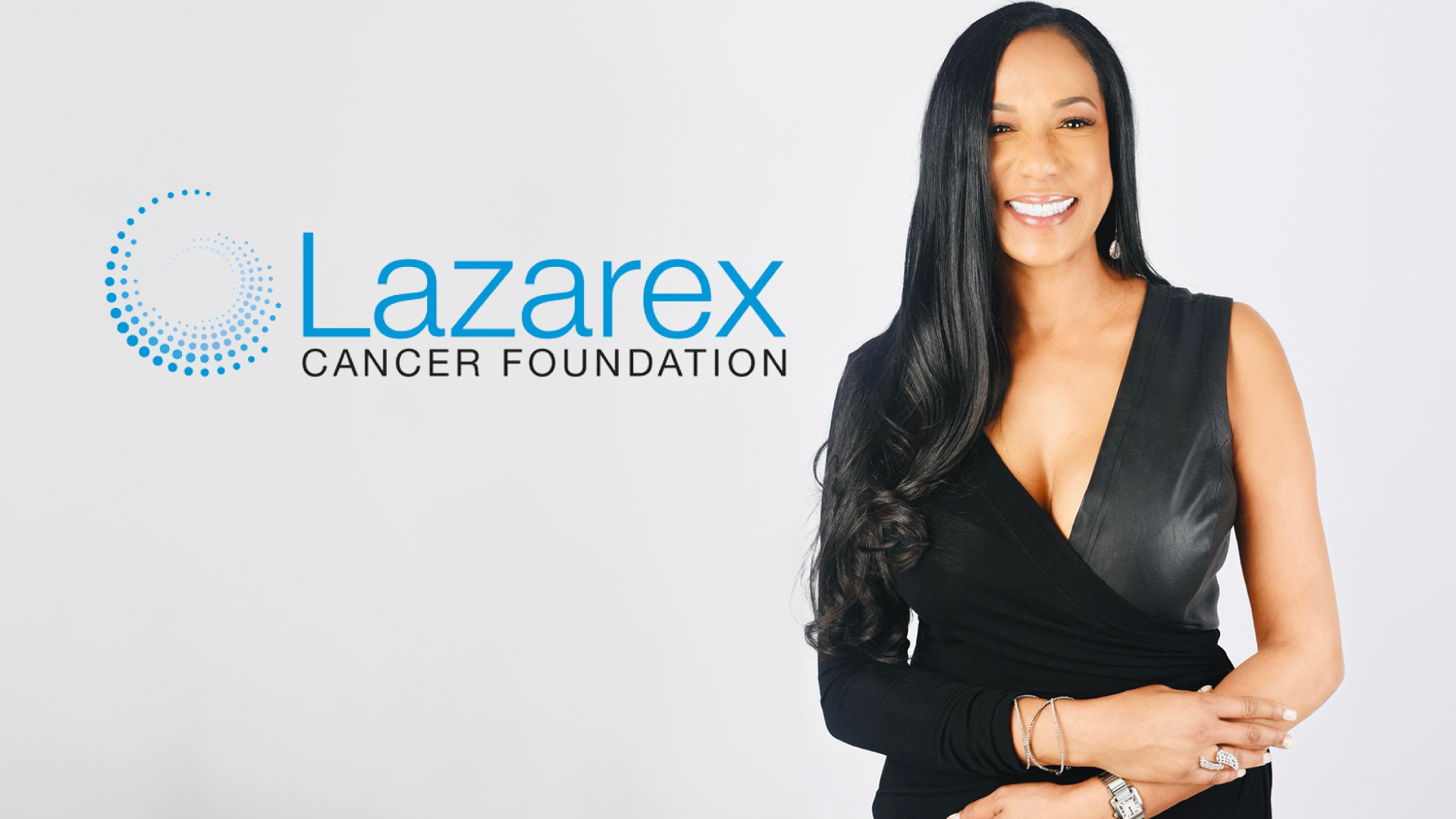
For more than two decades, Lazarex Cancer Foundation has been helping those with the greatest need and fewest resources receive equitable cancer care. This often means providing assistance with out-of-pocket costs associated with trial participation for low-income patients. Of those who receive assistance from Lazarex, 52% have a household income of $25,000 or less. Patients like Erika Romain, who was diagnosed with stage four lung cancer and struggled to cover the costs of care after being laid off from her job as a general manager, received reimbursement for travel costs related to her participation in a lung cancer clinical trial. Lazarex also assisted Erika with applying for and receiving support from other organizations.

Please join us in working to ensure ALL patients benefit from Gateway’s vision to shape a world in which a cancer diagnosis is no longer feared.



